Tendon disorders
Tendon: Tissues that connect muscles to bones, with the purpose of translating the muscle contraction to producing a movement.
Some examples of tendons:
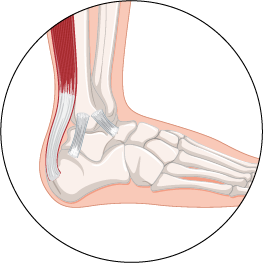
Achilles tendon

Rotator cuff tendons

Patellar tendon
If you struggle with any of the following, you may have a tendon disorder:
- Carrying your food shopping
- Gripping objects
- Bending the affected area
- Jumping
- Typing
- Gardening
- Overhead movements
- Twisting your body
If this sounds like you, have a further read on tendon disorders and what you can do to help.
Please note: if you are having persistent tendon pain, please seek help from a medical professional.

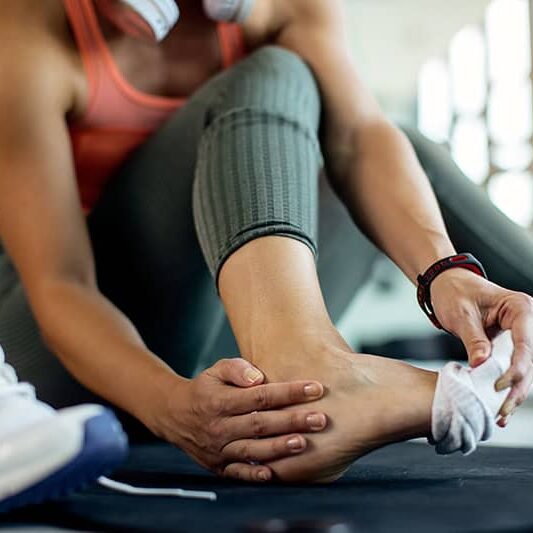
What are tendon disorders?
A tendon disorder refers to any condition that affects the tendons,which are the thick bands of tissue that connect muscles to bones.
Tendon disorders can result from
- Overuse
- Injury
- Aging
- Certain medical conditions such as diabetes
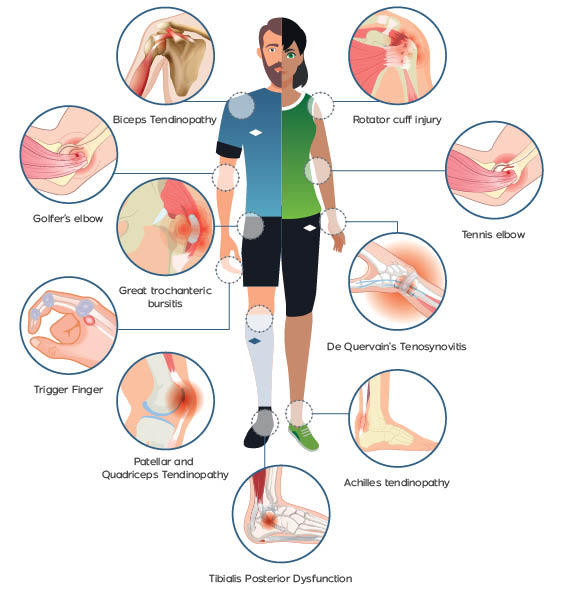
These disorders can lead to pain, inflammation and difficulty moving the affected joint.
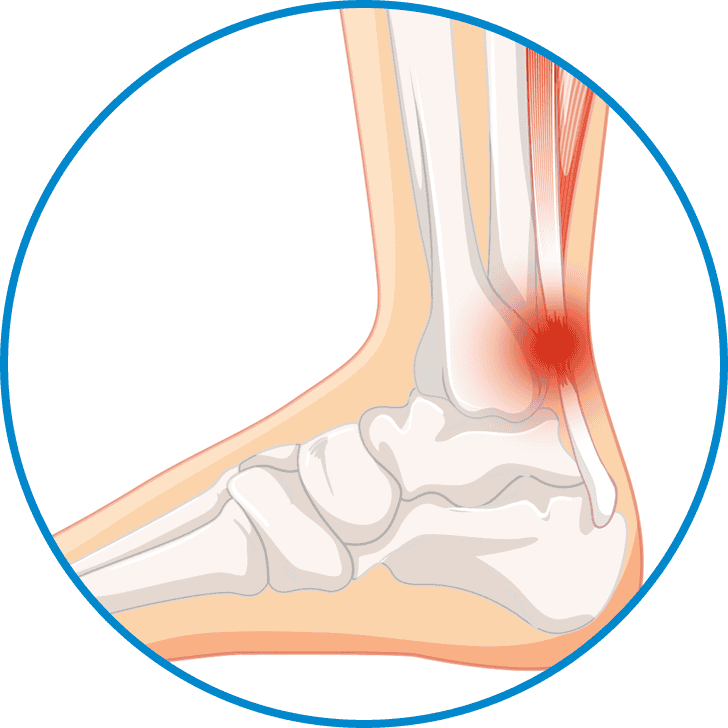
Tendinopathy:
A chronic overuse injury causing degeneration to a tendon gradually.
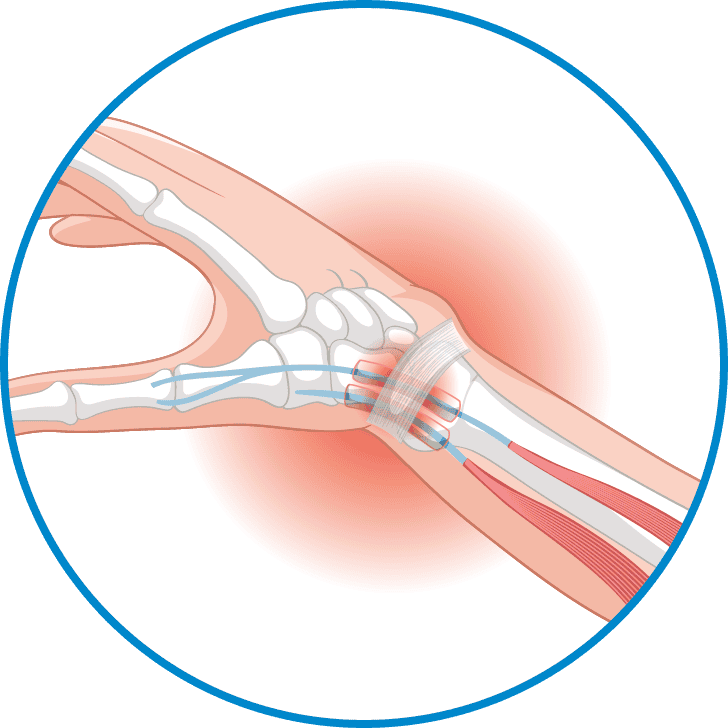
Tenosynovitis:
Inflammation of the tendon sheath around the tendon. This is can be associated with other conditions such as inflammatory arthritis.
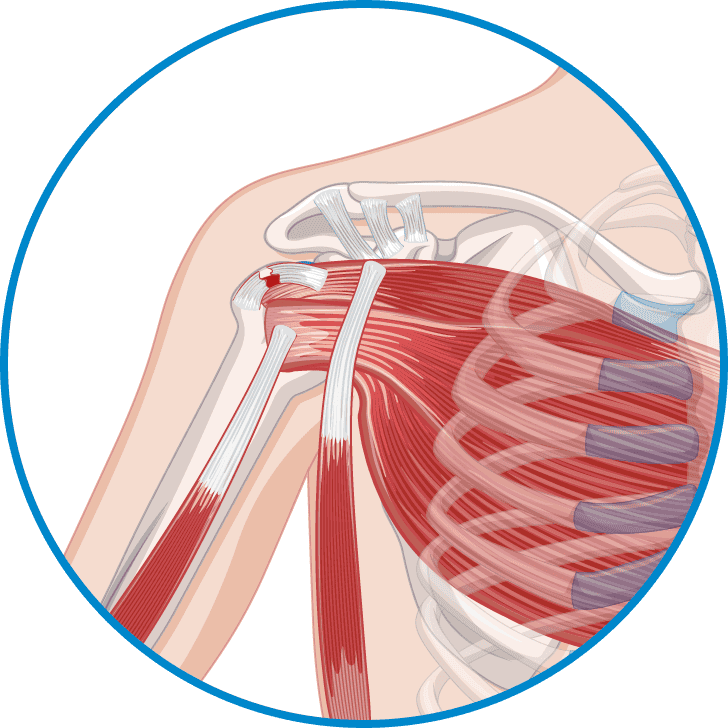
Tendon tears:
Tendon tears often occur through a specific accident or trauma to the tendon during sporting activity.
Symptoms related to these disorders:
- Localised tenderness
- Pain on activity
- Presence of risk factors
- Difficulty straightening the affected area
- Stiffness or weakness in the affected area
Risk factors for these disorders:
Management of these disorders:
Most tendon disorders aren’t serious and often get better on their own, without needing special medical treatment. However, if your symptoms don’t improve as expected, it’s a good idea to check in with your healthcare professional for advice.
To help with recovery:

Rest the area and avoid activities that make the pain worse

Apply ice to reduce swelling and discomfort
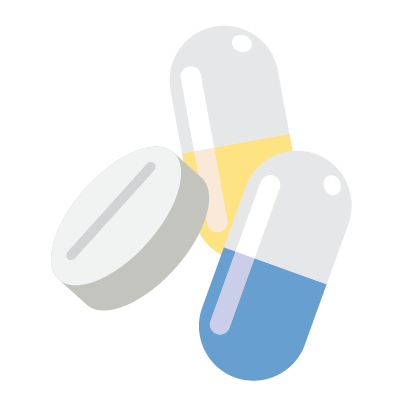
Use simple over-the-counter pain relief if needed
In some cases, if the pain continues, treatments like Hyaluronic acid (HA) injections may help.
HA injections would help alleviate symptoms caused by these tendon disorders by improving the glide and slide function of a tendon healing by restoring the hyaluronic acid concentration around tendons.